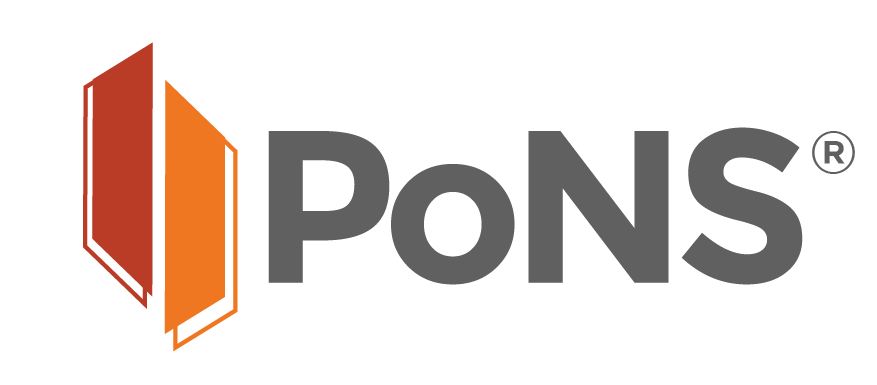Building a Community—an Important Step in Your Rehabilitation Journey
Multiple sclerosis (MS) can touch every aspect of your life. It doesn’t only impact your coordination or mobility—it can also lead to social isolation. This leaves a heavy toll on your social engagement—limiting your ability to participate in activities you once enjoyed so much. Catching a movie, tending to the garden, or grabbing coffee from the local café may now feel out of reach.
But they don’t have to be.
MS communities are there to provide support and customizable resources. Through these groups, you can forge friendships with those who understand what it is like to live with your symptoms, and together, you can help each other.
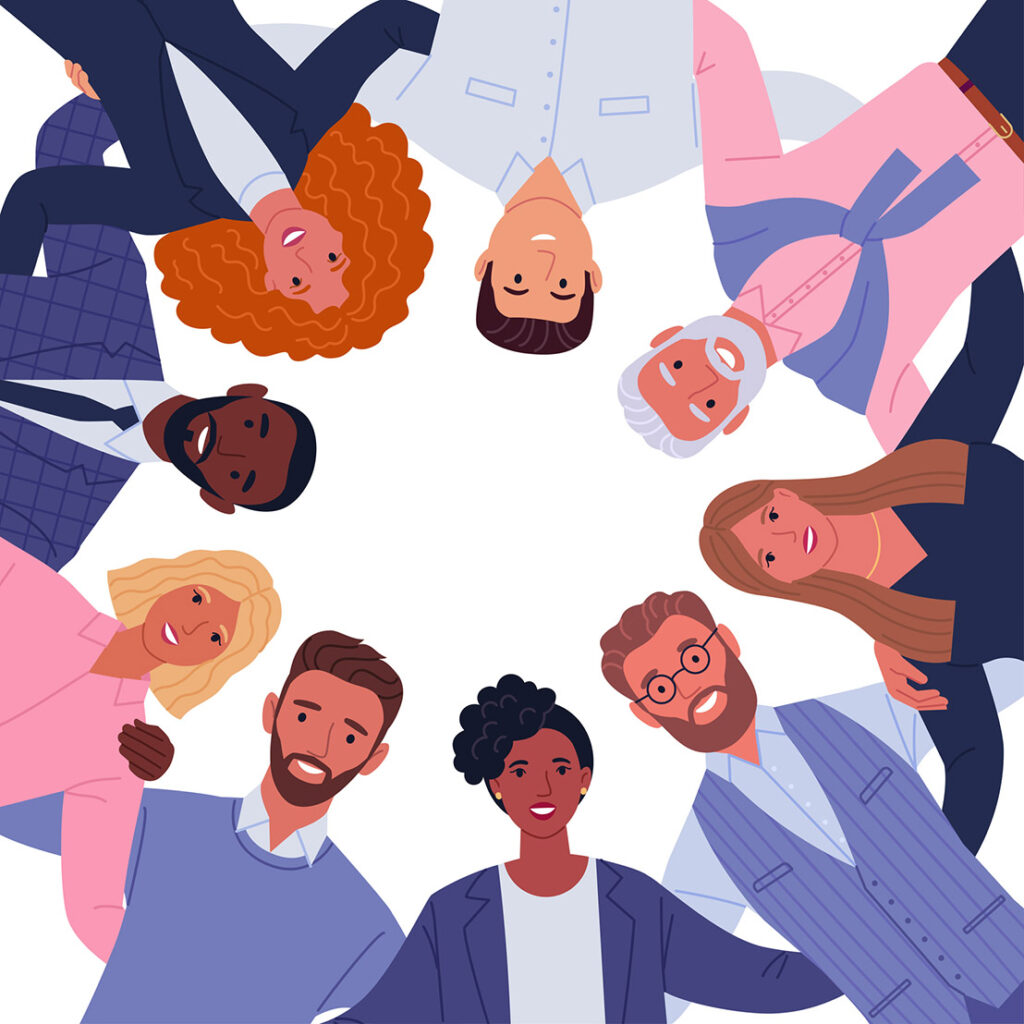
It’s not going to go away; there's no cure. They’re getting really close to a cure. But you need to have something to keep you going and not harbor on how it's keeping you down."
—Raquel, a person living with MS
This individual is not a PoNS Therapy™ patient nor affiliated with Helius Medical.
Read on to get more information about the benefits of joining a community and what options are available.
What can a community give?
A community is meant to lift you up through emotional support and understanding.
Communities can:

PROVIDE ENCOURAGEMENT
- As a member, you could:
- Motivate and inspire others to persevere, especially when times are hard
- Provide empathy and a sense of belonging to those in similar circumstances
- Observe how others overcome obstacles, because you can do it too

BE A SAFE SPACE
- Members may discuss issues and collaborate with companions to find ways to cope
- These neurological conditions are generally unnoticed by the public, so they can be known as invisible disabilities. Old friends and family may not entirely understand what you are going through, but your community will

ENCOURAGE EXCHANGING KNOWLEDGE AND RESOURCES
- Members can share their experiences with different therapies, treatments, and healthcare professionals
- Together, you and your compatriots can provide practical support and advice to others that may be hard to find elsewhere

PROMOTE ADVOCACY AND AWARENESS
- A strong community can band together to advocate for its members’ rights and needs. This includes:
- Raising public awareness about the disease
- Influencing public policy
- Improving access to services and support
- This is very important for conditions where public understanding and resources can significantly impact quality of life
Communities can do so much for us—helping us surround ourselves with the support we need. So, you might be wondering…
Where do I start?
There are multiple organizations with a national or local community for you to participate in. And, they typically have both in-person and virtual options.
Here are two of the most popular recommendations:
The National MS Society
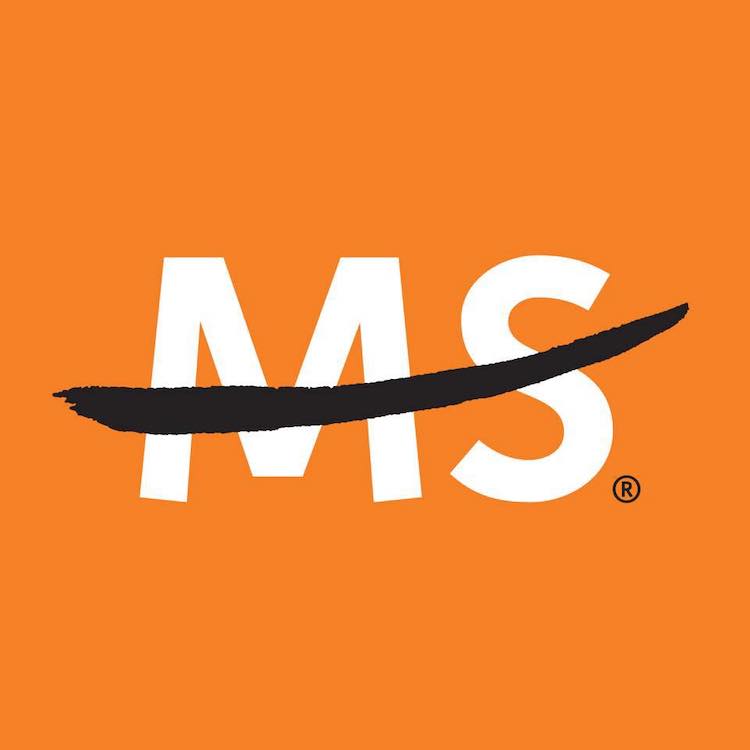
Founded in 1946, their mission is to empower those impacted by MS, as well as to research a cure.
“[Walk MS] really opened my eyes to a world of support I didn’t know existed. I’ll never forget that feeling. It was like a big festival with thousands of people. Very inspiring.”
–Rosa, who participated in her first Walk MS in 2022.
This individual is not a PoNS Therapy patient nor affiliated with Helius Medical.
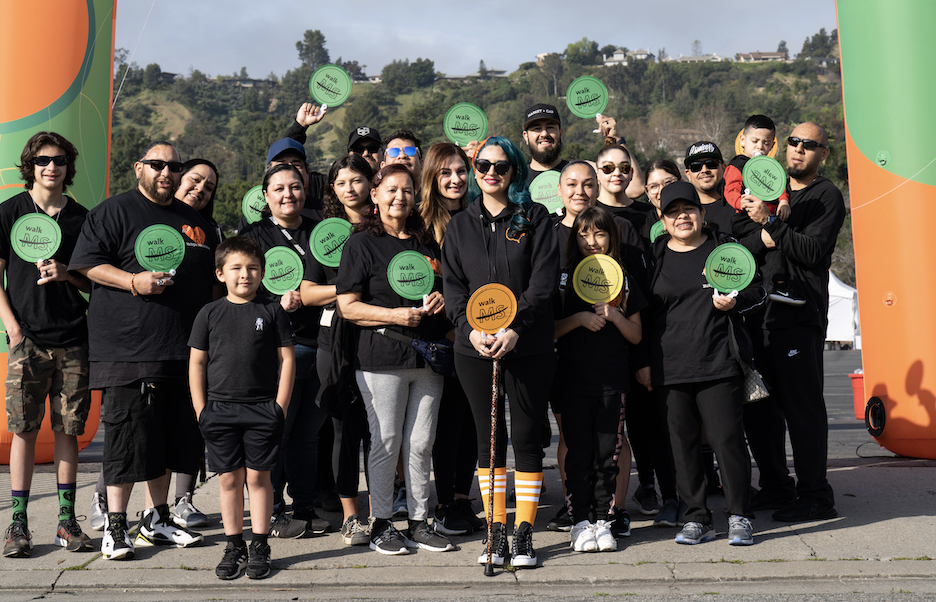
The MS Focus Independent Support Group Network
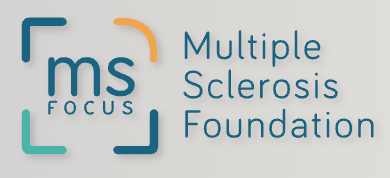
The Multiple Sclerosis Foundation is a nonprofit focused on providing free services that address the needs of people with MS and their caretakers, so that they can maintain the best quality of life possible.
There are a vast number of communities out there where people with MS can connect, forging friendships that can help them for many years to come. We hope you take this opportunity to become a part of one of the many supportive MS communities. There are options for everyone regardless of mobility, age, or location. We know you’ll find the one that is best for you!
Get connected today!
PoNS®, PoNS Therapy®, and Helius Medical are not affiliated with any individual whose quotes appear in this blog.
Walk MS® is a registered trademark of The National MS Society.
